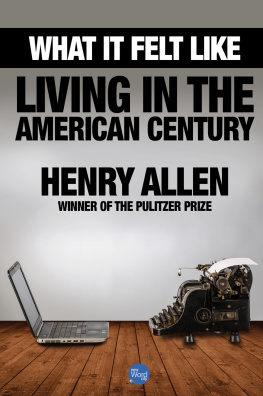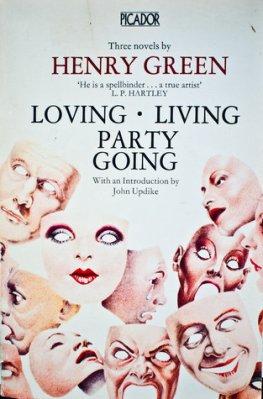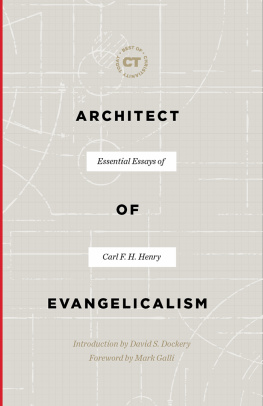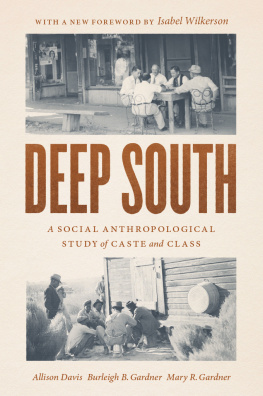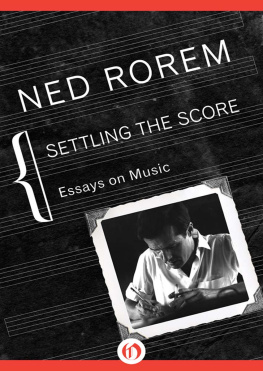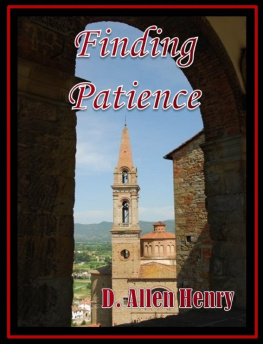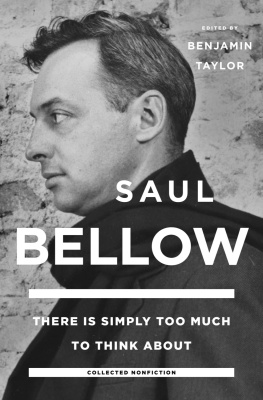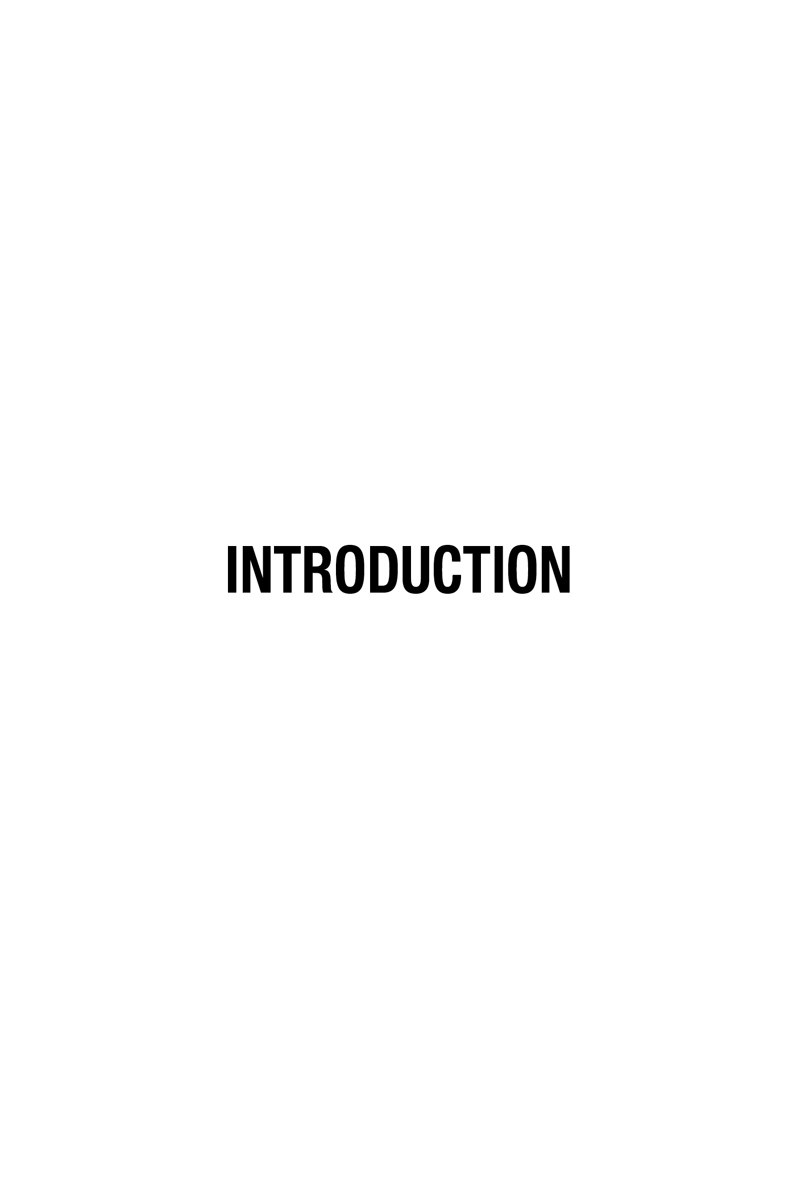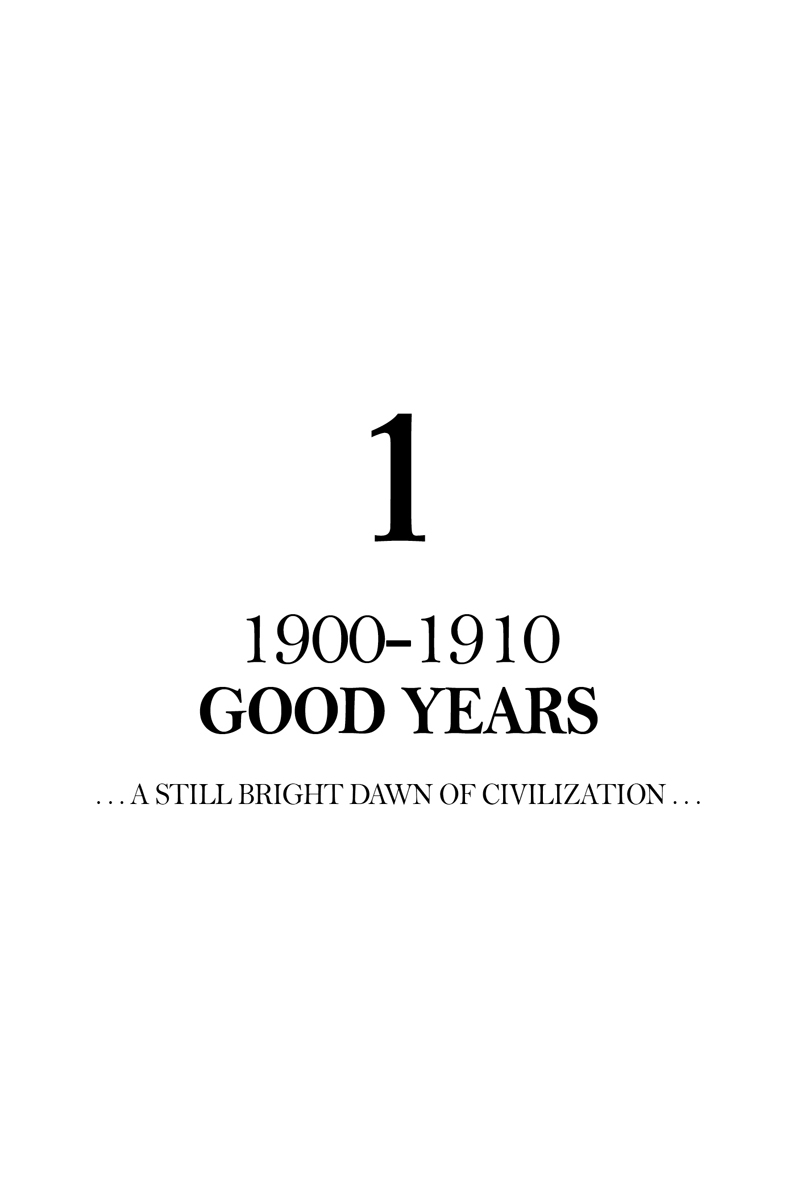The American Century may have been a patriotic whimsy when Life magazine christened it in 1941, but whimsy or not, it felt so real while it lasted.
It was an empire of American spirit and matter. There were droughts, despairs, and diseases like the Spanish flu, but you could feel the empire in the air, the static of infinite possibility, a syncopation the rest of the world danced to.
It was smart, tough, and lucky. It was Mickey Mouse, the Empire State Building, the atom bomb, the Model T Ford, Louis Armstrong, and the future coming at us like a storm surf pounding a sunny beach. It defeated the Depression by winning World War II. Then, instead of taking revenge in the usual fashion, it spent more national treasure on rebuilding Germany and Japan as rich and healthy democracies.
The American Century was the United Nations, our victorious Cold War, and the Civil Rights Act of 1964. It was Isadora Duncan and Elvis Presley and the birth control pill turning eros into a monument the size of the Statue of Liberty. It was neons buzzing rainbows on movie theaters and supermarkets, and beyond them, the darkness of the train-grinding night. America was a celebrity among nations. It had Gods blessing - we took that for granted.
It wasnt like other empires. We didnt call it an empire, for one thing - we used words like superpower, Pax Americana, or The American Century, which began with the twentieth century, give or take a few years.
Whatever it was, a lot of people have felt it ending lately. The feeling of decline and fall will always be with some of us, and life does go on regardless, but its not a good feeling.
At book signings in 2000, I gave talks about this books evocation of the American Century. Usually, a wit in the audience would ask: Mr. Allen, youve given us the history of the last ten decades but what about the history of the next decade?
I had an answer, based on a hunch that had settled in like a summer cold.
One word: Ruckus.
Sure enough, by the end of the year, we had to call in the Supreme Court to clean up the mess we made of a presidential 2000 election. On September 11, 2001, Arab fanatics leveled both buildings of the World Trade Center with suicide airliners. In 2003, we attacked Iraq to seize weapons of mass destruction. They werent there, but by then, 100,000 American troops were. We disgraced ourselves by torturing Iraqi prisoners and bombing the occasional Afghani wedding party. Back in the old days, the American Century, we could believe that Americans never did stuff like that.
We brought our troops home, mission not accomplished.
In 2004, the Army Corps of Engineers levees broke, and Hurricane Katrina flooded the city of New Orleans. The woe-unto-you scientists warned of global warming caused by our energy pigginess. Chinas economy massed like an army on the border of ours, and insane North Korea tested an atom bomb.
In the land of the free, we discovered that one in a hundred Americans was in jail, a percentage higher than in any other developed nation.
The impact of our fine arts dwindled - our world-famous painters, jazz musicians, playwrights, and Nobel Prize-winning novelists are gone, decades after they were a beacon of freedom in the Cold War.
Somebody - a lot of people - said, Weve lost Gods blessing.
Of course, this is only an elegant and ominous way of saying people feel bad right now about our country. America is not going to disappear overnight. A new art form has arisen in long-form television narrative. Our crime rate has plummeted. The Internet has created new mindsets and possibilities along with new problems. As always, we tend our gardens and blow out our birthday candles and sing the Orphan Annie song to ourselves: The sunll come out tomorrow.
Pick a year, any year of the American Century, and youll find a Chicken Little saying the sky is falling.
All Gods dead, all wars fought, all faiths in man shaken, said F. Scott Fitzgerald, an anthem of 1920, right after wed won World War I.
Bye, bye, Miss American Pie, Don McLean sang - it was the anthem of 1971, before wed even lost in Vietnam.
At this writing, a new book is titled: National Insecurity - American Leadership in an Age of Fear. Not long from now, it will be an old book.
The American Century is behind us, as much as the nineteenth century was behind us when World War I started. It began as a century of production - the dark might of factories hammering out the future. It ended as a century of consumption and the borrowing of money against a tomorrow that vanished in the Great Recession. Most of us were left poorer and have stayed poorer. The rich have gotten much richer. The sun isnt out yet.
Keep in mind that we love to feast on apocalypse. We can put up with only so much peace and prosperity, so much glorious American Century possibility. We sit around the campfire toasting marshmallows and telling ourselves scary stories. Animal eyes glint from the dark. Then we curl up in our sleeping bags and wake to the smell of a sunlit woods and bacon frying. Life goes on, another day, another century.
What it felt like...
Back in the first decade of the twentieth century, the Oughts, the Good Years, the Age of Confidence. People fought over solutions, not problems: the gold standard vs. free silver, the flying machine tool or toy? And Teddy Roosevelt busted the trusts, started digging the Panama Canal, and sent the Great White Fleet around the world.
What it felt like just to walk down the street on a morning in early spring the smell of dank, dark wool and the ragged sparking of streetcar wires, men with derbies and level stares, women holding skirts above the muck and manure, immigrants audacious with ambition, the dead, sweet smell of coal smoke, and soot on the last yellow, melting snow...
Back when health, wealth, and happiness seemed not just possible but inevitable, and there were Gibson girls with their confident, lifted hair and their hands in fur muffs... photographs of families lined up from tallest to shortest, like organ pipes... the whistle of stiff bristle brushes on porch floors... wiseacres saying, Make like a hoop and roll out of here... grimy children crippled in textile mills.
John D. Rockefeller said, God gave me my money.
Things were dark and deliberate. Father knew best.
You want to know what it felt like to have the nervous system of a striker wrecking trains near Wilkes-Barre, Pennsylvania, or a baseball player sleeping in barns and living on bread and beefsteak, or a schoolteacher thinking about the science of Marie Curie and the bared legs of Isadora Duncan, then going home to hand her sealed pay envelope to Father.
In 1900, there were 75 million people in the forty-five states, and by 1910, 1 million immigrants a year, and who knows what it felt like for each one of them?
Davy Jones, outfielder for the Chicago Cubs, would remember: Back at the turn of the century, you know, we didnt have the mass communication and mass transportation that exists nowadays. We didnt have much schooling, either. As a result, people were more unique then, more unusual, more different from each other. Now people are all more or less alike, company men, security-minded, conformity... that kind of stuff. In everything, not just baseball.
You already know Teddy Roosevelt shot bears and the Wright Brothers flew an airplane on that cold beach in 1903. Youve seen the crowd photographs. Everything seemed to happen in crowds: The masses huddled in slum flats, the sea-bathing ladies in bloomers, boys in knickers playing marbles. Things flashed around in newsreels: horses, smiles, top hats, parasols, and dimity dresses.

